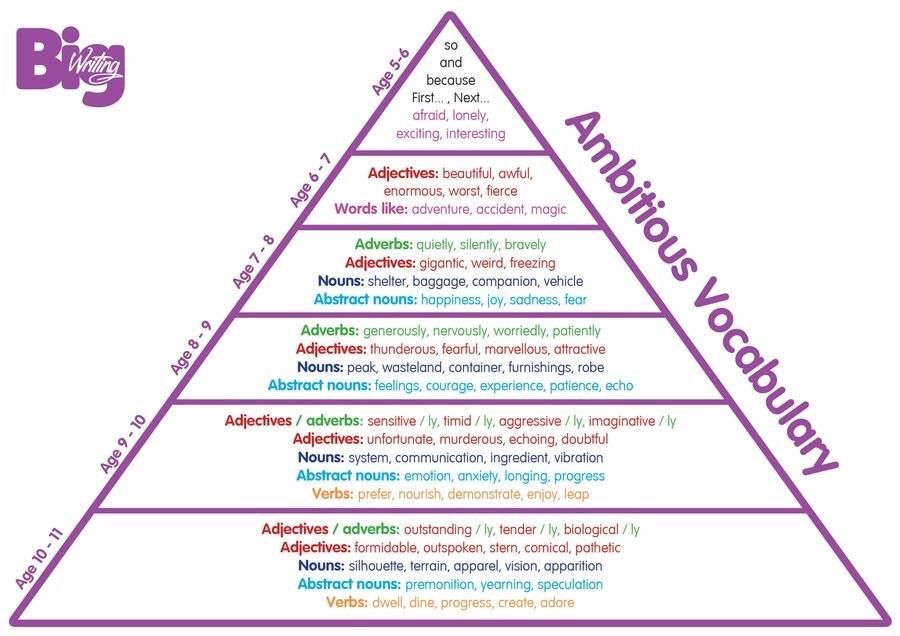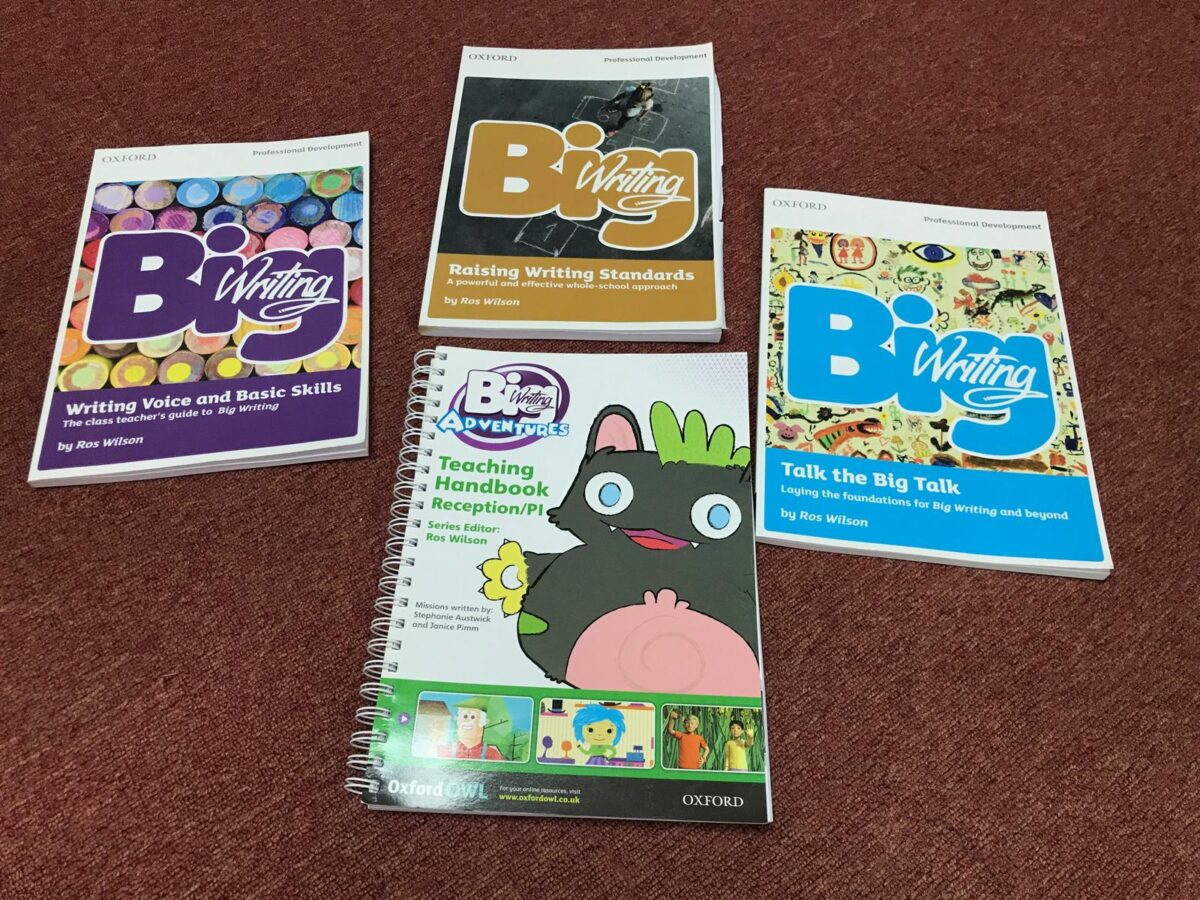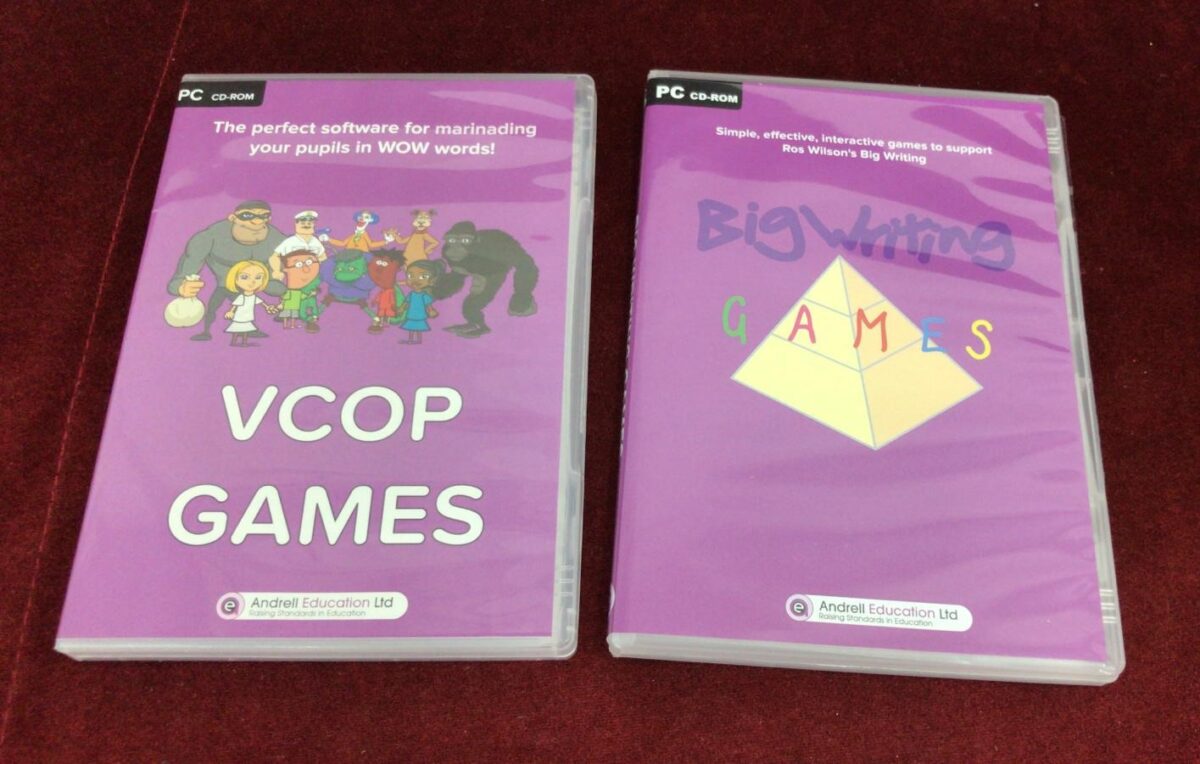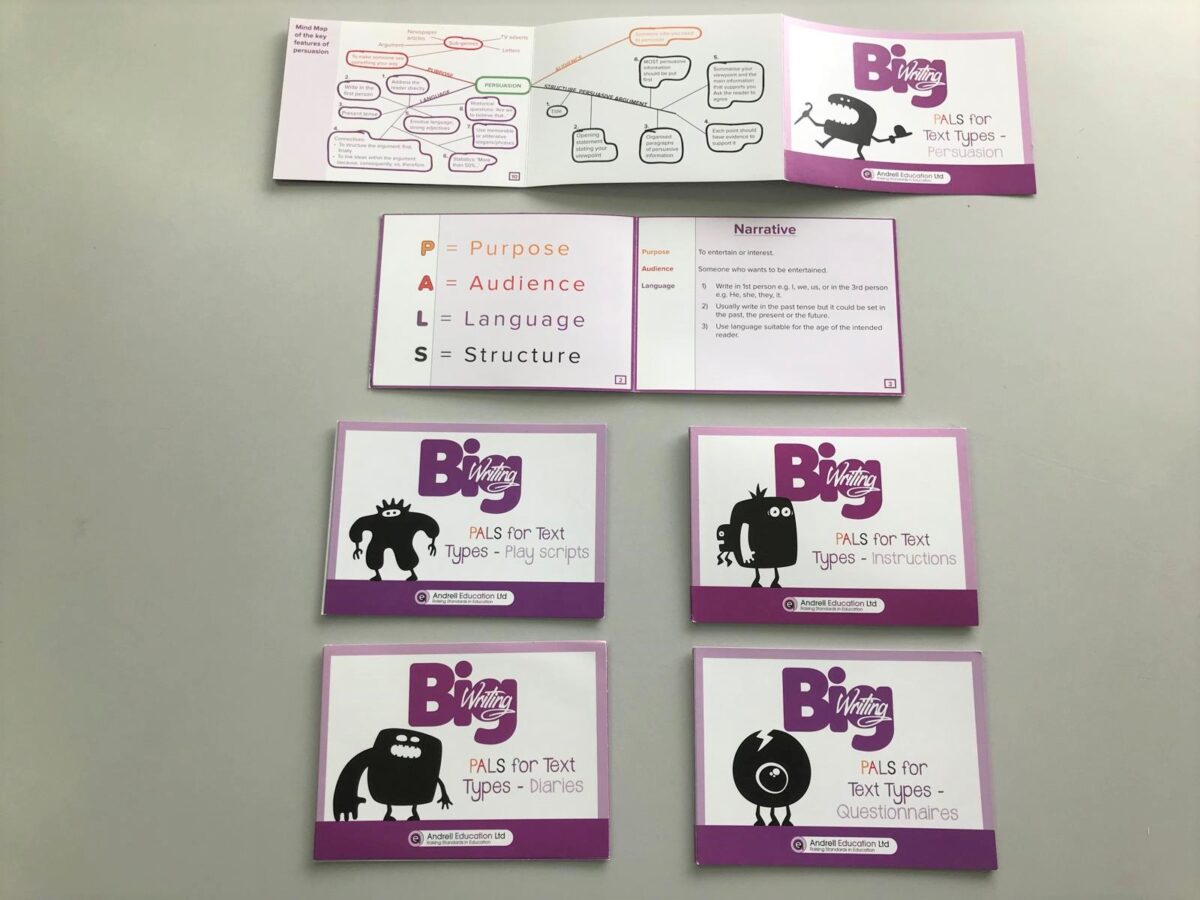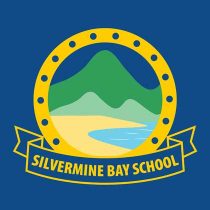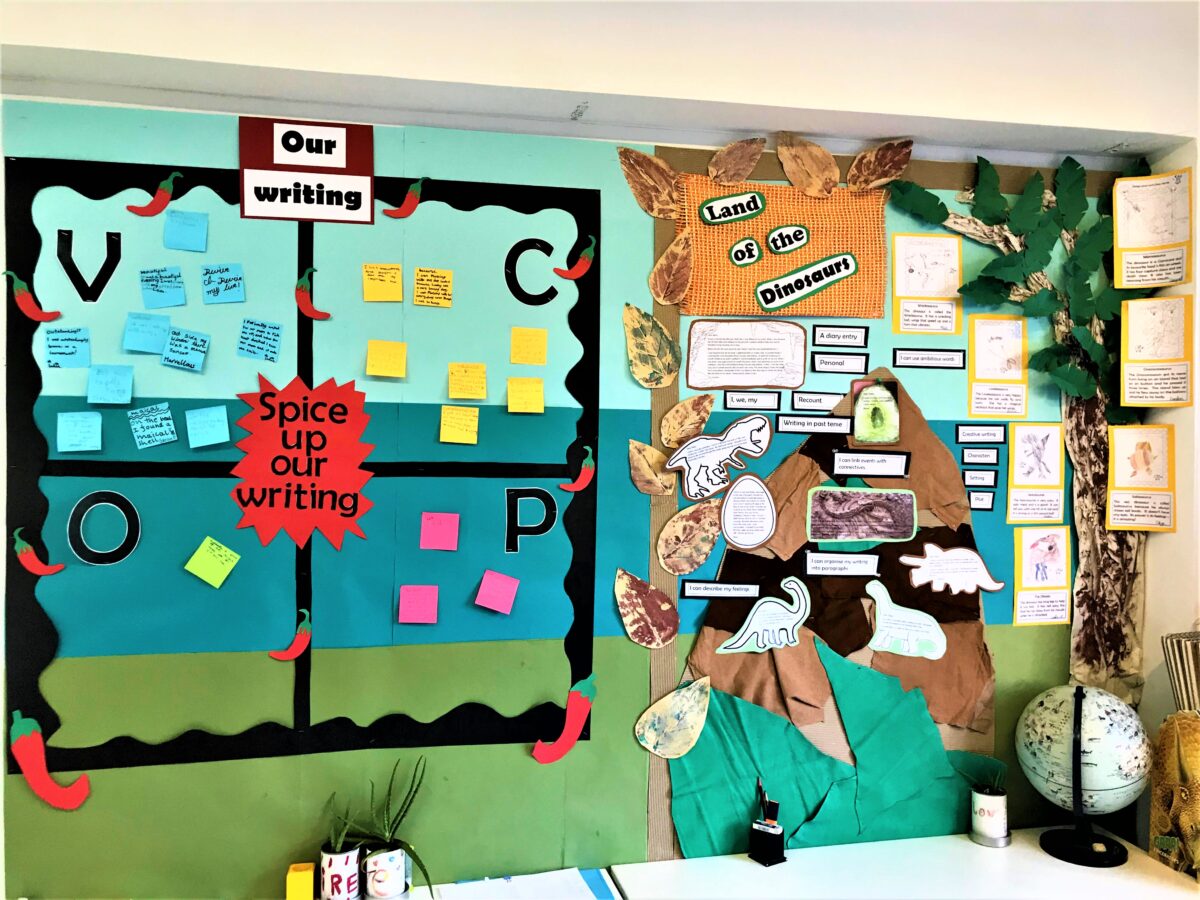What is Big Writing?
Big Writing is a whole-school approach to raising writing standards. It is an effective writing program used by many schools throughout the U.K. and the world. Big Writing provides our school with a definitive, comprehensive model that ensures both teachers and children know what they can and can’t do, identifying any gaps to accurately inform the next steps in teaching and learning.
Big Writing is an approach to teaching writing and raising writing standards that focuses on:
· The importance of TALK and oral rehearsal
· Accurate basic skills – spelling, punctuation, grammar, handwriting
· Regular and meaningful assessment and target setting
· High expectations for all pupils
· Giving writing a purpose and making it fun!
Why we chose Big Writing?
Two years ago, one of our experienced teachers who taught in Harrow International School for many years introduce the Big Writing approach to our team. Since then, we prioritised and focus our teaching development on adapting the Big Writing Approach. Some of our classes has experienced the power of the ‘Big Writing’ since the beginning of the last academic year. This approach helps us to raise the standards of writing through the ‘fast, fun and lively’ teaching of the ‘writing voice’ and the ‘big talk’. Students enjoys writing a lot more and they know exactly what to work on to improve their writing. This year, all the classes will use the Big Writing Approach. Students will have a rock-solid foundation for writing from Reception class to Year 6 in our school.
How does Big Writing works?
In Big Writing, the full range of writing skills is called the Writer’s Toolkit and can be summarised as ‘The Two WHATS and the Two HOWS’:
WHAT 1: The text type or genre to be written.
WHAT 2: The stimulus or purpose for writing.
HOW 1: Basic Skills: GHaSP.
HOW 2: ‘Writing Voice’: V.C.O.P.
HOW 1: Basic Skills: GHaSP
The four basic skills that children need to draw on with increasing automaticity and fluency in their writing are:
· Grammar – the use of correct grammar/standard English at all times;
· Handwriting – accurate, fast and flowing, preferably using a cursive style. At a minimum, neat and legible;
· Spelling – accurate in all sight words and the majority of ambitious vocabulary, and demonstrating the full range of phonic strategies; and
· Punctuation – accurate use of all sentence punctuation and creative but accurate use of a wide range of punctuation for ‘voice’ and effect.
HOW 2: ‘Writing Voice’: V.C.O.P.
The Writer’s Voice defines both the language the writer uses and the style with which he or she structures sentences.In Big Writing it is taught through VCOP, which is:
· Vocabulary – The range of vocabulary the child has and can use, including ambitious vocabulary (Wow Words!);
· Connectives – The use of a wide range of connectives including conjunctions, connecting adverbs and prepositions;
· Openers – The range of ways a child has for opening sentences, including the use of the three Power Openers (connectives, ‘ly’ words and ‘ing’ words); and
· Punctuation – The range of punctuation the child uses, including punctuation for effect or Power Punctuation (? ! …).
What is Big Talk and how is it related to Big Writing?
The key to Big Writing is “If a child can’t say it, a child can’t write it”.
We excerpt from the book Talk the Big Talk – Laying the foundations for Big Writing and beyond by Ros Wilson, parents might find out the key features of Big Talk below:
What is Big Talk?
1 Big Talk is a part of the school day when we all talk in High Level Language.
2 In Big Talk we use ‘wow’ words and long, clever sentences.
3 When we do Big Writing we use our Big Talk Language.
Why is talk important?
1 The gift of speech is the greatest gift you can give to your child, apart from the gifts of happiness and good health.
2 We talk to get things we need or want: jobs, shopping, medical help, other help, friendship etc.
3 Talk is our language on paper. The better we can talk, the better we can write. We write to get things we want or need: jobs, shopping, help or advice, friendship etc.
4 The more words we know and the richer the words we have, plus our confidence in using language for effect, influences how well we succeed in life.
What is ‘Talk Homework”?
The ‘Talk Homework’ slip will tell parents what the topic for homework is. Please turn off the TV and spend ‘special’ time talking to your child:
Each give our own opinions on the subject.
Use the ‘because’ word to explain why we think that.
Discuss why other family members not present might have a different idea.
Use the ‘because’ word to explain why they might have a different idea.
You could make links with how things were when you were young, or when your parents were young.
Discuss whether things may be different in the future.
Use ‘wow’ words (big words or interesting words) and explain the meaning of the ‘wow words’ to your child.
